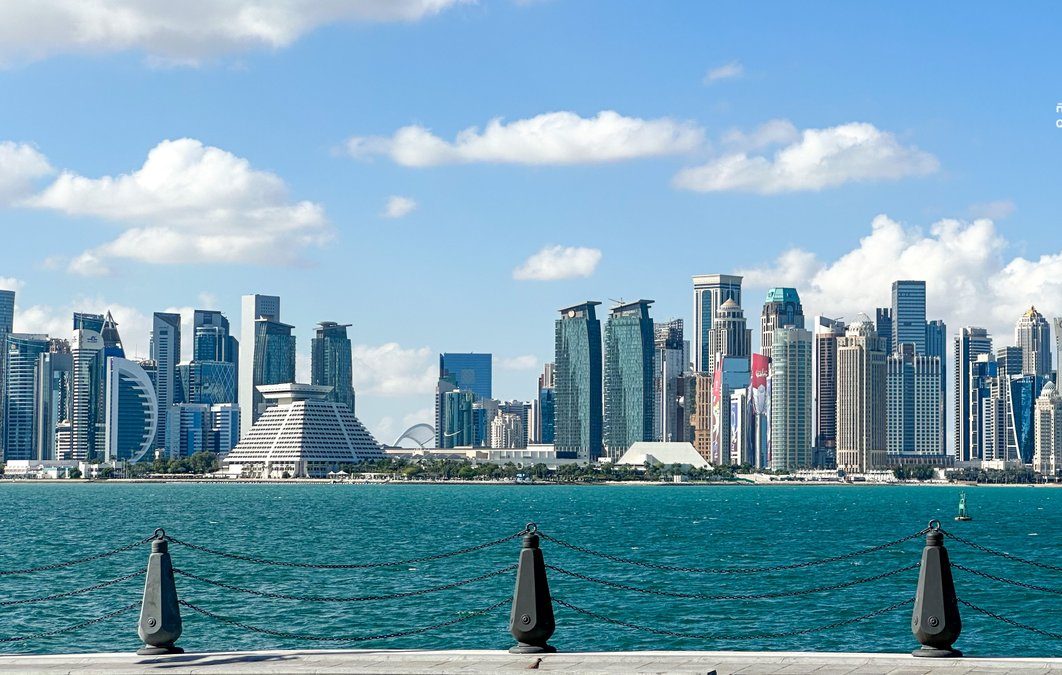The Gulf state initially expressed its interest to begin selling green bonds in 2022.
Qatar has raised $2.5 billion with its first dollar bonds in four years and a debut green deal, Bloomberg revealed on Tuesday.
The Gulf state allocated the bonds into two segments, the first for $1 billion for a five-year period with 30 basis points above the U.S. treasury bonds. The second was $1.5 billion for a 10-year period with 40 basis points.
Qatar initially expressed interest in tapping into green bonds in 2022. Qatar’s Finance Minister Ali Al-Kuwari had confirmed the country’s plans to issue green bonds to Bloomberg at the time.
“We don’t expect a big size, it’s going to be very small, just as I said to make a statement and I think what’s more important than this is we need to build a vision and a strategy for climate change in the financial sector,” told Bloomberg on the sidelines of the 20th edition of the Doha Forum in 2022.
In a more recent statement to Bloomberg Television in January, Al Kuwari said Qatar was ready to sell its first green bond while noting the country was “not hungry for money.”
He noted that Qatar decided to issue green bonds “mainly to send a strong statement” of its efforts to tackle climate change.
Qatar also stands among the three top global producers of liquified natural gas alongside the United States and Australia.
The Gulf state is moving towards dominating global LNG production with its multi-billion North Field Expansion project, the biggest of its kind in the industry. The project is split into the North Field East (NFE), North Field South (NFS), and North Field West.
NFE is set to ramp up Qatar’s LNG production from 77 to 110 mtpa (metric tonnes per annum) by 2025, as the NFS will increase the production capacity from 110 to 126 mtpa by 2026.
North Field West would represent an almost 85 percent increase in production in comparison to the current 77 mtpa.
Unlike compressed gas, LNG requires less storage space and reduces greenhouse emissions by 30-40 percent. The gas also remains the cleanest and safest to transport due to its ability to evaporate in the event that it is accidentally released in the process.
In 2021, Qatar announced the national Climate Change Action Plan in 2021, aiming to reduce around 25 percent of its greenhouse gas emissions by 2030, in line with Qatar’s National Vision 2030.







